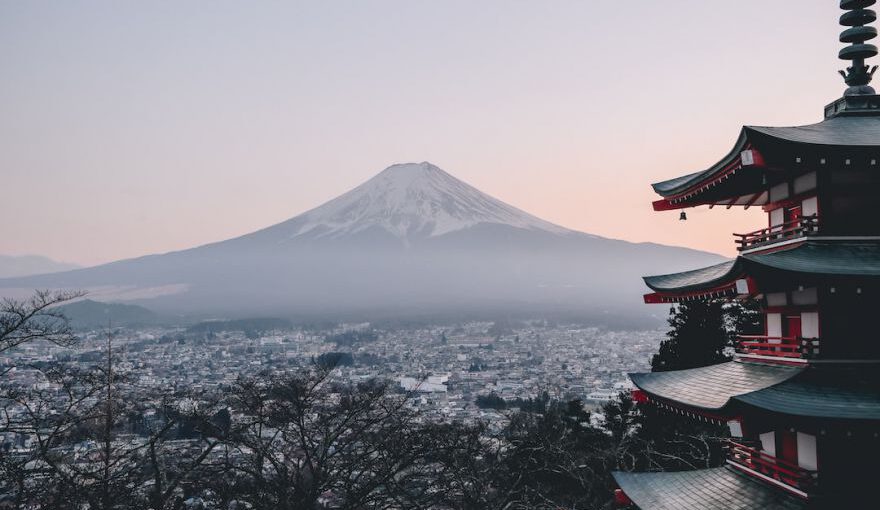Guide to Japanese Etiquette for First Time Visitors
Visiting Japan for the first time can be an exciting and enriching experience. However, it’s important to familiarize yourself with the country’s unique customs and etiquette to ensure a smooth and respectful journey. Japanese society places great importance on politeness, respect, and harmony, and by following these guidelines, you can show your appreciation for their culture.
Bow when greeting: In Japan, bowing is a common form of greeting. When meeting someone, especially those older or of higher status, it is customary to bow slightly. The depth of the bow depends on the situation, but a slight inclination of the head is usually sufficient. Remember to maintain eye contact while bowing to convey sincerity.
Remove your shoes: Japanese homes, temples, and traditional establishments often require visitors to remove their shoes before entering. Look for a designated area or shoe rack where you can leave your footwear and switch to slippers. It is important to respect this custom and ensure your socks are clean and presentable.
Practice chopstick etiquette: When dining in Japan, chopsticks are the primary utensil. It is considered impolite to use them incorrectly or leave them sticking out of your bowl. Avoid passing food between chopsticks directly to someone else’s chopsticks, as this resembles a funeral ritual. Instead, place the food on their plate or use serving utensils if available.
Master the art of slurping: Contrary to Western customs, slurping your noodles in Japan is not only acceptable but also considered a sign of enjoyment. It shows that you appreciate the food and the effort put into its preparation. So go ahead, slurp your ramen or soba noodles with gusto!
Avoid public displays of affection: Japanese culture is relatively conservative when it comes to public displays of affection. It is best to refrain from hugging, kissing, or holding hands in public spaces. This applies to both romantic partners and friends. Instead, a simple bow, handshake, or smile is appropriate.
Respect personal space: In crowded places such as trains or buses, it is important to be mindful of personal space. Avoid unnecessary physical contact, and keep your belongings close to you to avoid inconveniencing others. Loud conversations or phone calls are also considered impolite in these settings.
Mind your noise level: In Japan, being quiet in public places is highly valued. Speak softly and avoid making loud noises, especially in places like restaurants, museums, and temples. Turn off your phone or put it on silent mode to avoid disturbing others.
Handle money with care: When paying for goods or services, use both hands to present your money or credit card. This gesture signifies respect and appreciation. Avoid counting your money in public, as it can be seen as impolite.
Tipping is not customary: Unlike some Western countries, tipping is not expected in Japan. In fact, it may even be considered rude. Instead, focus on expressing your gratitude with a simple “thank you” or “arigato gozaimasu.”
Be punctual: Japanese society places great importance on punctuality. Whether it’s meeting friends, attending a business meeting, or catching a train, make sure to arrive on time. Being late is considered disrespectful and disrupts the harmony of the group.
By familiarizing yourself with these Japanese etiquette tips, you can ensure a more enjoyable and respectful visit to this fascinating country. Remember, showing respect for local customs and traditions is a key aspect of cultural appreciation. Enjoy your journey!





